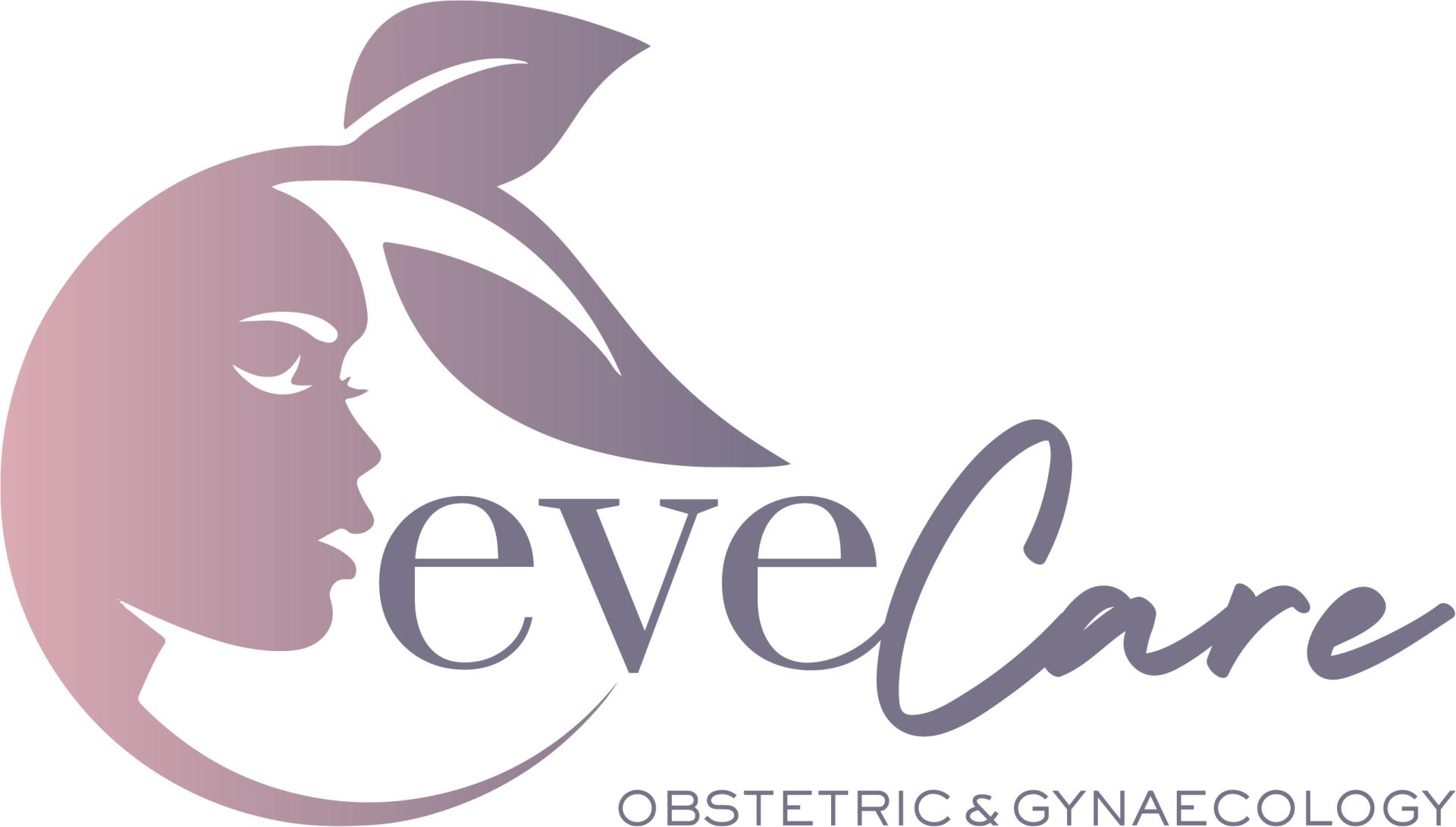Preconception Testing
The aim of genetic carrier screening is to identify those couples at risk of having an affected child. At-risk individuals and couples have the option to take steps to avoid having affected children.
What Happens With Screening Tests
The three components of screening tests are:
- Genetic counselling
- Laboratory testing of blood or saliva
- Discussing the results
An important step in such tests is the identification of a carrier (a person with either mild or no symptoms of the disorder, but capable of passing on the disorder to his or her child through a gene).
To determine your risk we take a detailed history from both partners, which helps to determine if the couple's baby is likely to have a genetic disorder based on the following:
- You have a genetic disorder,
- You already have a child with a genetic disorder
- A history of genetic disorders runs in your family,
- Your race or ethnicity.
- DNA Analysis & Carrier Screening to identify genetic disorders in your family
If you are deemed to be at risk you will be referred to a genetic counsellor who will take a more detailed history and refer you for genetic testing if indicated.
What is Preconception Testing?
Preconception Testing is a screening option available for a couple who is planning to have a baby, it allows us to identify conditions that have the potential to adversely impact the health of her developing baby in the future. The test is done prior to conception.
The test is initially only done on the mother and if she is found to be a carrier of one or more conditions, the genetic father of the baby will also be tested.
Preconception Genetic Carrier Screening
There are more than 5000 conditions for which the genetic basis has been found and this number is increasing weekly. Many of these conditions are autosomal recessive which means that you could be a carrier and have no symptoms. If your partner is also a carrier for the same condition, there is a one in four chance each time you get pregnant to have a child affected by that condition. Examples of autosomal recessive conditions include cystic fibrosis (CF), spinal muscular atrophy (SMA) and Tay-Sachs disease (TSD). If a woman is a carrier of an X-linked condition, she has a one in two chance of having a son with that condition in each pregnancy (girls can only be carriers and thus unaffected (with the exception of fragile X syndrome) Examples of X-linked conditions include fragile X syndrome (FXS), haemophilia A and B and Duchenne muscular dystrophy. Approximately 1–2% of couples have a one in four chance of having a child with an autosomal recessive or X-linked recessive condition. The risk is considerably higher in a couple who are related.
We recommend carrier screening in line with RANZCOG guidelines. For most couples a limited screening test for the most common conditions i.e Cystic fibrosis, Spinal Muscular Atrophy and Fragile X syndrome is sufficient. There is an enhanced screening test available that tests for more than 100 abnormalities and another test specifically designed for people of Ashkenazi Jewish descent.
The cost of these test varies but is approximately $350 for the limited test and $800 for the enhanced carrier screening test.

